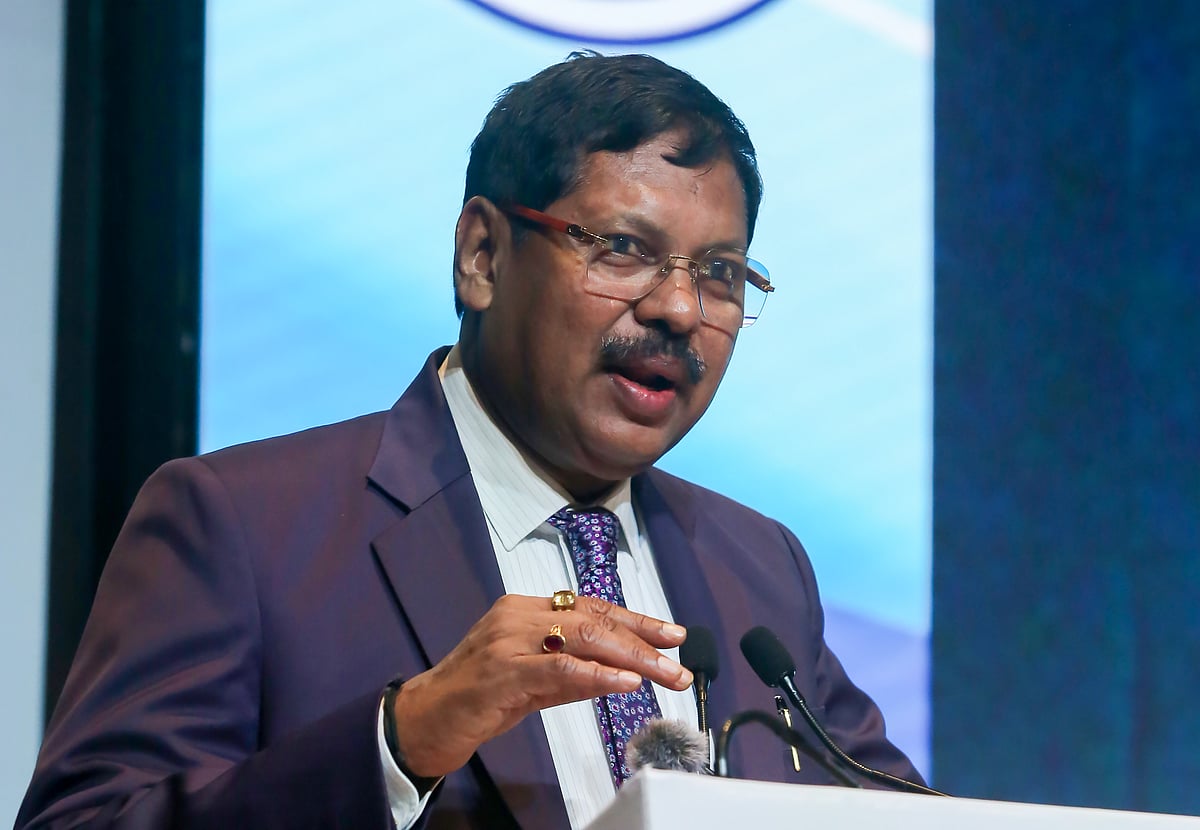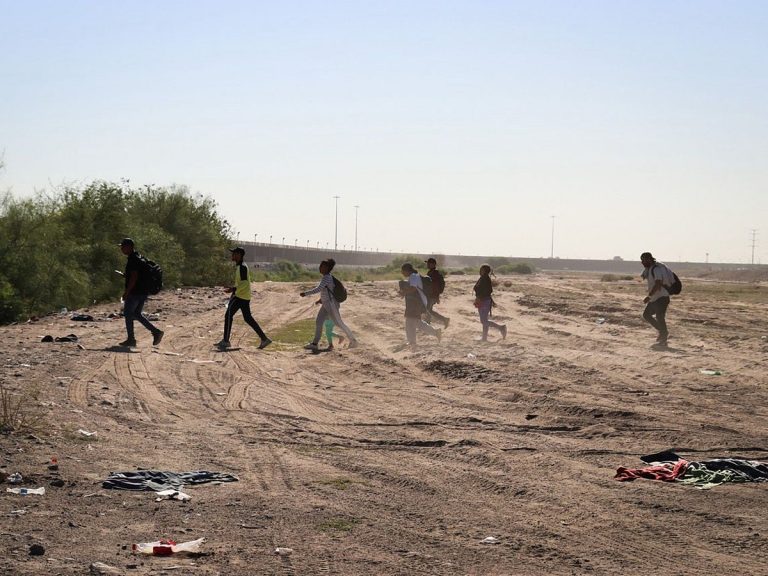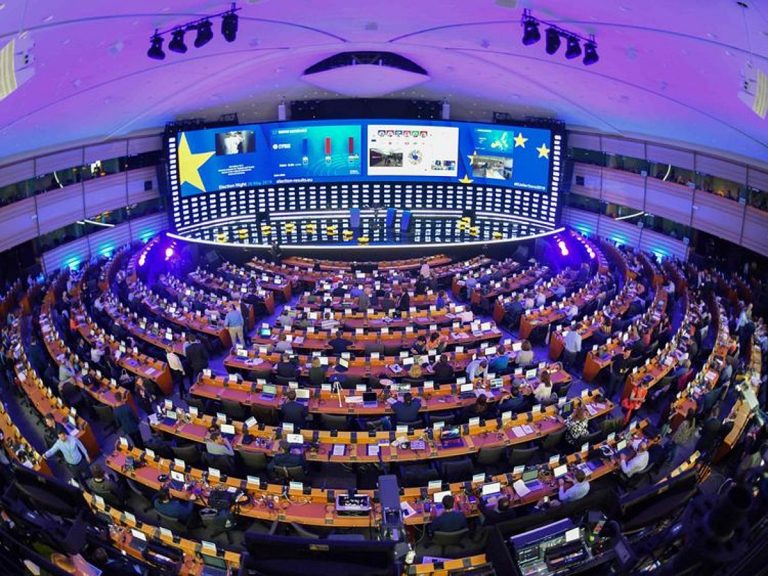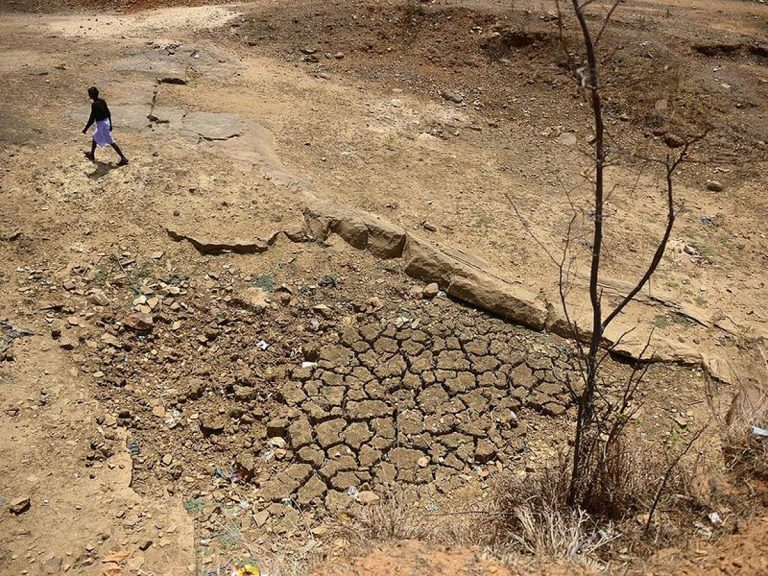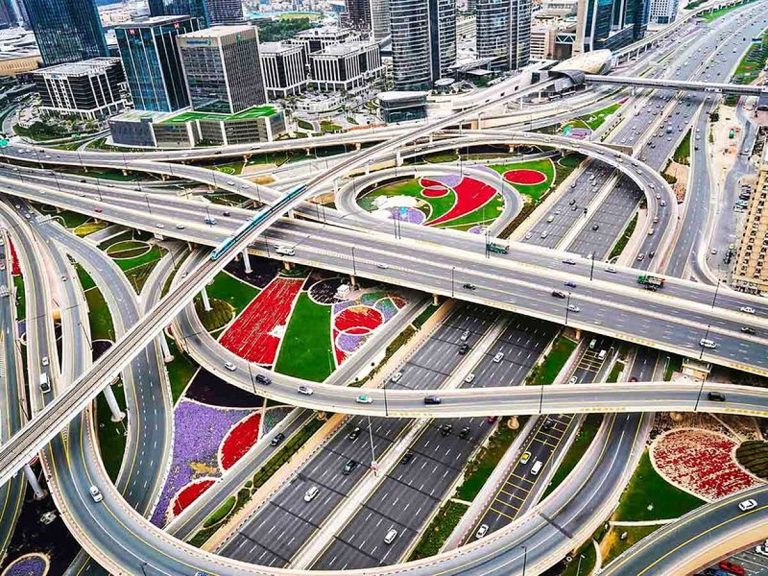Attack on India’s Chief Justice Raises Caste Tensions
A recent incident in India’s Supreme Court has raised significant concerns about the state of justice and societal divisions in the country. During a court hearing, a 71-year-old lawyer threw a shoe at Chief Justice D.Y. Chandrachud, a member of the Dalit community. This act of aggression not only reflects personal anger but also highlights deeper ideological and caste-based tensions within Indian society.
Context of the Incident
The lawyer’s actions stemmed from a comment made by Chief Justice Chandrachud regarding the Hindu deity Vishnu, which he perceived as offensive. Despite the Chief Justice’s clarification that his remarks were not intended to hurt religious sentiments, the backlash from certain online communities was swift and severe. Many labeled the Chief Justice’s comments as “anti-Hindu,” leading to a wave of vitriol directed at him.
Following the incident, Chief Justice Chandrachud remained composed and insisted that court proceedings continue. Reports indicate that he advised the police not to pursue charges against the lawyer, who expressed no remorse for his actions. This decision has sparked debate about accountability and the normalization of violence in public discourse.
Political Reactions
The attack has drawn widespread condemnation across the political spectrum. Opposition parties and even Prime Minister Narendra Modi have publicly denounced the incident, labeling it as “reprehensible.” The timing of the attack is particularly sensitive, given the upcoming elections in Bihar, where caste dynamics play a crucial role. The ruling Bharatiya Janata Party (BJP) faces a delicate balancing act, as it seeks to appeal to backward castes while also catering to its hardline Hindutva base.
The Broader Implications
This incident raises alarming questions about the normalization of hate and violence in India. The fact that a lawyer could attack the Chief Justice without fear of repercussions is indicative of a troubling trend. Chief Justice Chandrachud’s choice not to press charges may inadvertently set a precedent that undermines the seriousness of such actions.
The rhetoric surrounding “Hindus in danger” has contributed to a climate where violence is increasingly justified. Once considered the domain of fringe elements, such behavior is now exhibited by educated individuals, as evidenced by the lawyer’s actions. This shift signals a broader societal issue that cannot be ignored.
Caste Discrimination and Its Consequences
The attack on Chief Justice Chandrachud is not an isolated incident but part of a larger narrative of caste-based discrimination in India. The recent suicide of a senior police officer in Haryana, who cited caste discrimination and mental harassment in his note, underscores the urgent need to address these issues.
The normalization of hate and violence must be confronted. It is essential to recognize that caste discrimination persists and affects many individuals daily. The incident in the Supreme Court serves as a stark reminder that the fight against caste-based violence is far from over.
FAQs
What prompted the attack on Chief Justice Chandrachud?
The attack was prompted by a comment made by the Chief Justice regarding the Hindu deity Vishnu, which a lawyer found offensive, leading to his aggressive outburst in court.
How did political leaders respond to the incident?
Political leaders from various parties condemned the attack, with Prime Minister Modi describing it as “reprehensible” and emphasizing the need for respect towards judicial figures.
What does this incident reveal about societal attitudes in India?
The incident highlights a troubling normalization of violence and hate speech in public discourse, particularly regarding caste and religious identities, suggesting a deeper societal divide.
Conclusion
The attack on Chief Justice Chandrachud is a significant event that reflects ongoing tensions in Indian society related to caste and ideology. It underscores the need for accountability and a collective effort to combat the normalization of violence. As the nation moves forward, it is crucial to address these issues head-on to foster a more just and equitable society.
The incident has sparked discussions about the role of the judiciary in addressing caste-related grievances and the responsibilities of legal professionals in upholding the dignity of the court. Legal experts emphasize that the judiciary must remain a bastion of impartiality and justice, particularly in a country where caste dynamics can influence public sentiment and behavior.
Moreover, the attack raises concerns about the safety of judicial figures in India, where the judiciary is expected to act independently and without fear of intimidation. The incident may lead to calls for enhanced security measures for judges and a reevaluation of the legal framework surrounding threats and acts of violence against public officials.
As India grapples with these challenges, there is a growing recognition of the need for comprehensive reforms aimed at addressing the root causes of caste discrimination. Educational initiatives and community engagement are essential to fostering a more inclusive society, where individuals are respected regardless of their caste background.
Also Read:
Modi Calls for Compassion on World Mental Health Day
Tony Blair’s New Role in Gaza: Opportunities and Challenges

